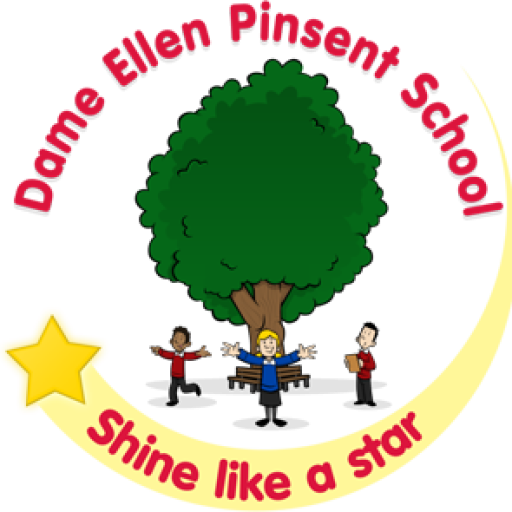SEND
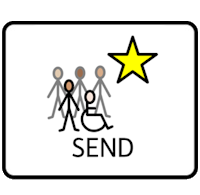
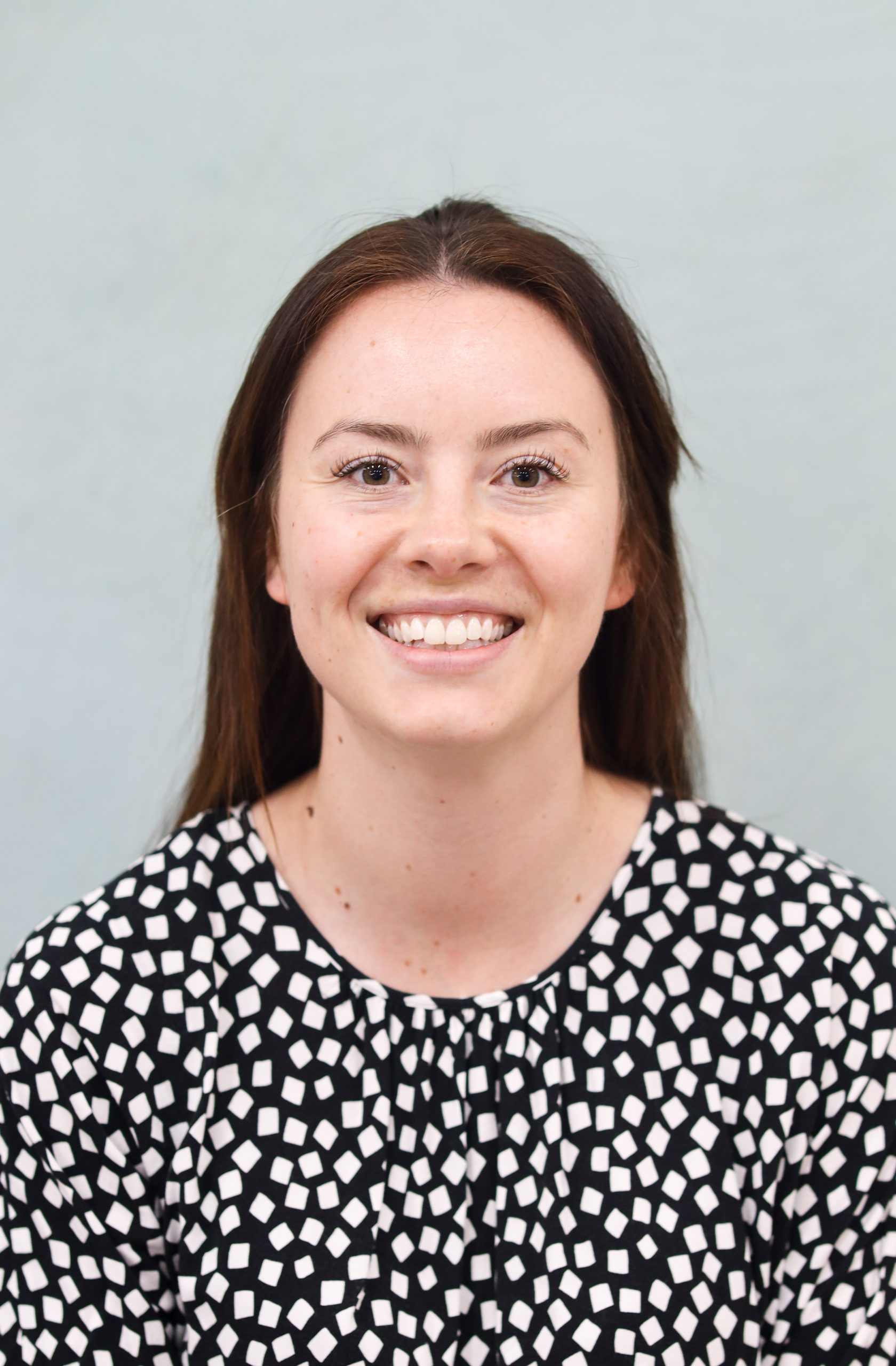
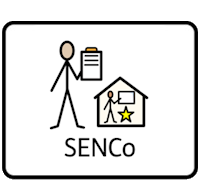
Hello, I am Miss Guest the SENCo.
I started at Dame Ellen in 2016 as
a class teacher, before becoming a member of the Extended Leadership Team. I
have a large amount of experience working with and supporting children across
all of the pathways at Dame Ellen.
As SENCo I support with;
· Transitions
·
EHCPs
·
In class SEN strategies
·
Managing external professionals
·
Staff training and CPD
The Birmingham Local Offer
Website
SEND Code of Practice 2015 mandates that local authorities provide a Local Offer of services for children and young people with special educational needs and disabilities (SEND). These services must cover education, health, and social care, as well as offering guidance and support for families.
The Birmingham Local Offer Website is a central place for help, advice and information about services available for 0–25-year-olds with SEND. Its main aim is to make collecting and finding information easier for parents/carers, professionals and children/young people.
Website is
divided into specific areas of support;
·
Education
support – in depth
EHCP information; both pre and post application, information and signposting on
specialist and mainstream schools, transitions, school applications, SENAR
information.
·
Health
and well-being services –
medical and therapeutic services, mental health support, early intervention
services for children, both NHS and private.
·
Social
care – support to
live independently, respite, short breaks and family support services,
information on social care assessments.
·
Family
support – advocacy
services, peer support networks/forums, training and workshops to support
families, legal support.
·
Specialist
information –
specific information on needs; autism, sensory needs, learning disabilities,
SENDIASS.
·
Leisure
and out of education –
activities and clubs tailored for SEND, inclusive activities, accessible events
and resources.
·
Financial
support –
information on benefits, financial assistance, support with applying for
relevant benefits, personal budgets.
·
Employment
and life skills after education – supported employment services, training programmes, life
skills programmes, service to support young people to prepare for employment or
further education, continuing care budgets.
· Co-production statement – information about parent/carer forums, partnerships and children’s trust.
It can be accessed via; www.localofferbirmingham.co.uk
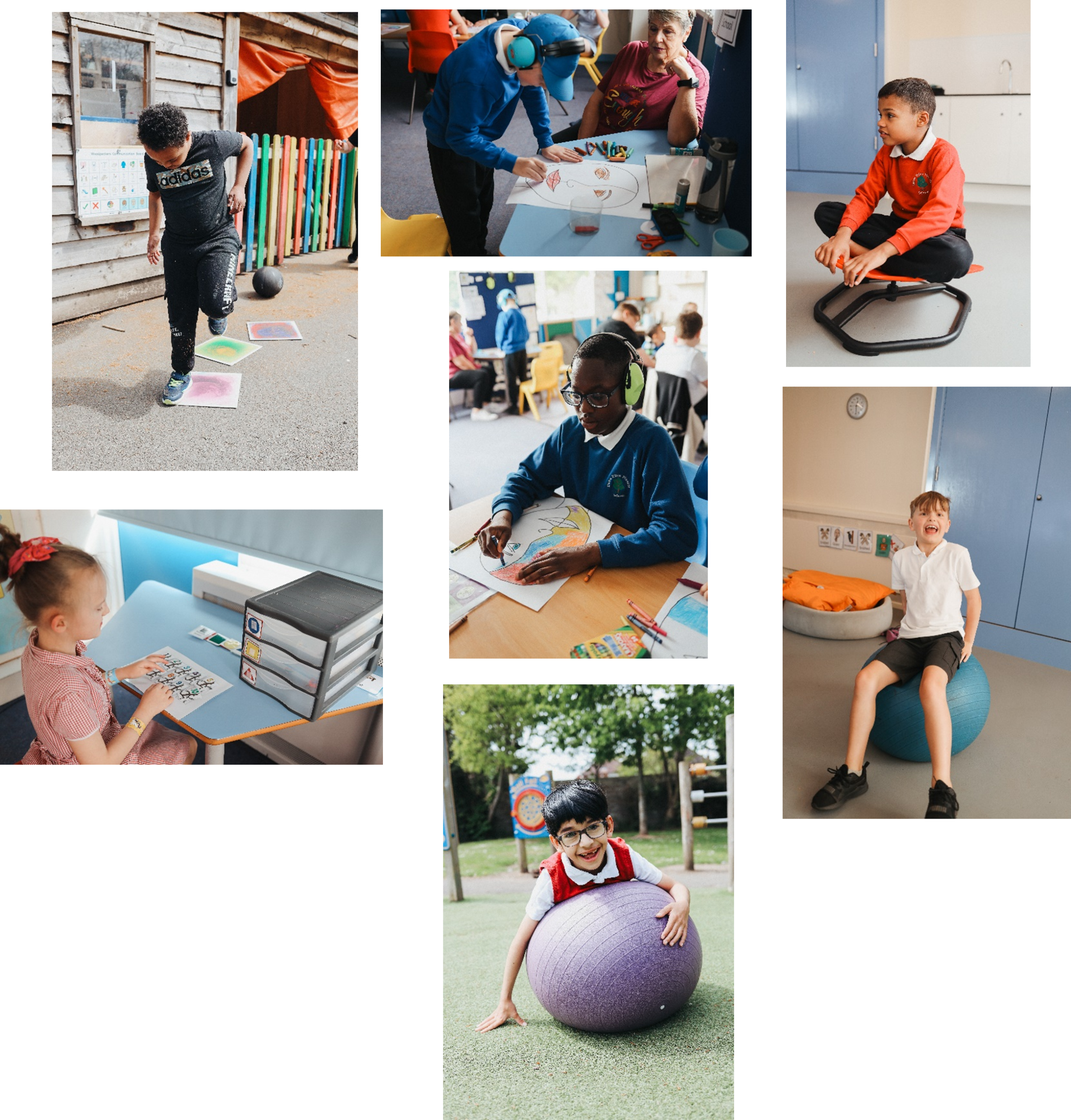
In the SEND Code of Practice, SEND is described as;
A child or young person has SEN if they have a learning
difficulty or disability which calls for special educational provision to be
made for him or her.
A child of compulsory school
age or a young person has a learning difficulty or disability if he or she:
·
has a significantly greater difficulty in
learning than the majority of others of the same age, or
· has a disability which prevents or hinders him or her from making use of facilities of a kind generally provided for others of the same age in mainstream schools or mainstream post-16 institutions
For children aged two or more, special educational provision is educational or training provision that is additional to or different from that made generally for other children or young people of the same age by mainstream schools, maintained nursery schools, mainstream post-16 institutions or by relevant early years providers. For a child under two years of age, special educational provision means educational provision of any kind.
Special educational needs can be broken down into four areas as follows;
1. Communication and Interaction – children with this area of need may struggle to communicate with other and/or struggle with what is being communicated to them.
2.
Cognition and Learning – this refers to a
wide range of needs including moderate learning difficulties, severe learning
difficulties as well as profound and multiple learning difficulties. All
children with learning difficulties will require a form of appropriate support
covering academic skills, and emotional/social needs.
3.
Social and Emotional Mental Health
Difficulties (SEMH) – children with SEMH typically struggle with social
skills and manging emotions which in turn affects the ability to develop and
maintain healthy relationships.
4.
Sensory and/or Physical Needs – this
refers to children who have visual impairments, hearing impairments,
multi-sensory impairments, sensory processing difficulties or a physical
disability. It will mean they require additional support and perhaps equipment
to access education.
What kind of special educational needs does Dame Ellen make provision for?
Dame Ellen is a school for students with a variety of needs,
these include Autism, ADHD, Down Syndrome, Global Development Delay amongst
many more. Through the pathway model, we provide a fully accessible curriculum,
which acknowledges the individual needs of the children.
EHCPs
All of our students have an Education, Health and Care plan
(EHCP). These are reviewed annually with parents and other professionals
involved with the child. We can also call annual review meetings earlier within
a year, where needs may have significantly changed.
EHCP annual reviews are held throughout the academic year at
Dame Ellen. Teachers holding and completing the annual reviews are supported by
the SENCo and regular CPD is provided.
Parents are informed of the annual review appointments no
less than two weeks before.
Below is a breakdown and explanation of the sections
included within an EHCP.
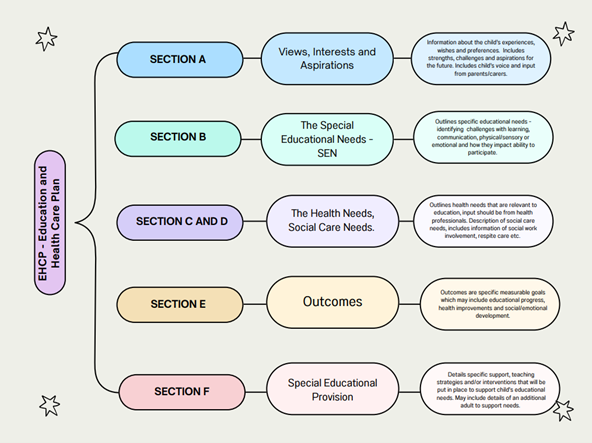

For further information on annual reviews and the EHCP
process please visit the Birmingham Local Offer Website via; Education,
Health And Care Plan - Local Offer Birmingham
